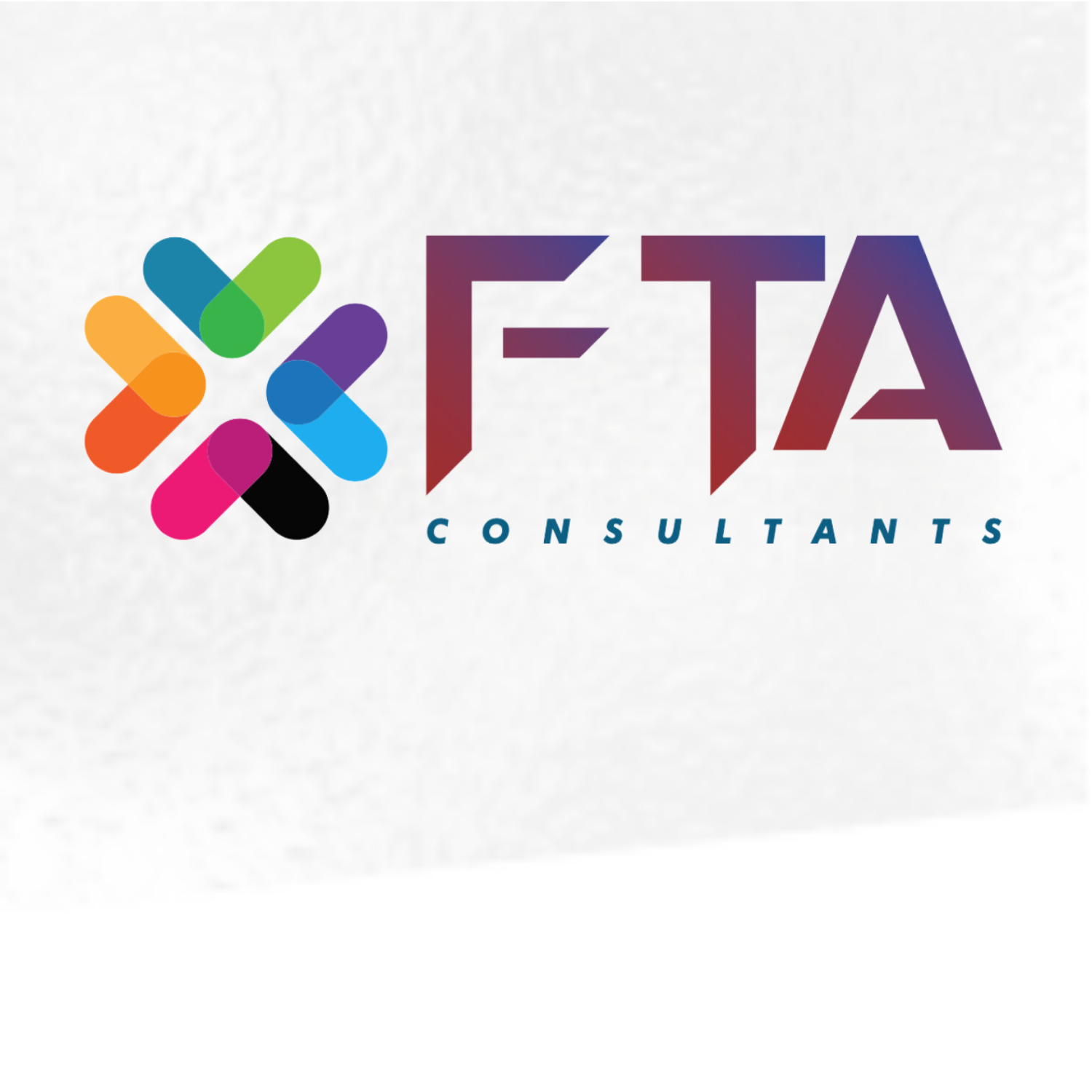We’ll help you become a registered company sooner. Apply now, and your ACN and ASIC documents will be with you in minutes. We’ll be on standby if you need a hand.
Setting up a new business:
If you are starting a small business, you need to choose a structure that best suits your business needs. It’s important to understand the responsibilities of each structure because the structure you choose may affect:
The most common business structures include:
Sole trader- A sole trader is the simplest form of business structure and it is relatively easy to set up because there are few legal and tax formalities. As a sole trader you will be legally responsible for all aspects of the business, including any debts and losses, and there are no limits on this liability. You do not need to register a business name with ASIC unless you are conducting business under a name other than your personal name. You can use your individual Tax File Number (TFN) when lodging your income tax return.
Partnership- A partnership is two or more people or entities who distribute income or losses between themselves. The most common type of partnership entered into by small business owners is a general partnership. A partnership is not a separate legal entity so all partners are equally responsible for the management of the business, and each has unlimited liability for the debts and obligations it may incur. A formal partnership agreement is common, but not essential. If there is no agreement in place, each partner is deemed to own equal shares of each asset. If you’re operating under your own personal names, there is no need to register, but you must register a business name if you have one. A partnership has its own Tax File Number (TFN), and usually an Australian Business Number (ABN) and lodges its own, separate tax return.
Company- A company is a separate legal entity and can incur debt, sue and be sued. The company’s owners (?shareholders?) can limit their personal liability and are generally not liable for company debts. A company is a complex business structure, with higher set-up and reporting costs. Companies must be registered with ASIC, and be incorporated under the Corporations Act. A company’s Australian Company Number (ACN) is a unique, nine-digit number issued by ASIC that offers identification while transacting business. It?s a legal requirement to display ACN on certain documents.
Trust- A trust is a structure where a trustee carries out the business on behalf of the trust?s members (or beneficiaries). A trust is not a separate legal entity. The trustee is legally liable for the debts of the trust and may use its assets to meet those debts. Setting up a trust requires a formal deed, as well as the completion of yearly administrative tasks. Trading trusts are a complex and expensive business structure and are subject to higher compliance costs. However, using a trust structure for your business may have tax advantages. A trustee can be a company registered with ASIC. If the trust does business under a name other than its own, that name must be registered as a business name with ASIC. A trust must have its own Tax File Number (TFN) to use when lodging its annual tax return. If the trust is carrying on an enterprise in Australia, the trustee must register for an Australian Business Number (ABN) for the trust.
Visit our Hobart Office, or book a free appointment today.
Our experienced team will work with you to develop a personalized and effective tax planning.
FTA Consultants provides expert tax compliance service to keep your business in line with the latest tax laws and regulations.
Save time and effort by leaving your tax preparation to FTA Consultants.
FTA Consultants offers flexible scheduling and virtual options for your convenience.
At FTA Consultants, our payroll service is designed to simplify and streamline the payroll process for your business. Our experienced team collects relevant payroll data, processes it accurately using advanced software, ensures compliance with payroll laws and regulations, and provides detailed payroll reports. We also offer ongoing support and advisory services to assist with payroll inquiries and keep you updated on any changes in payroll laws. With our professional and efficient approach, you can trust that your payroll is handled with accuracy and compliance, allowing you to focus on your core business activities.
A comprehensive payroll service typically includes tasks like processing employee wages and taxes, preparing payroll reports, managing deductions and contributions, processing forms such as W-2s and 1099s, ensuring compliance with payroll laws, and providing payroll support and advisory services.
Outsourcing payroll saves time, reduces payroll errors and compliance risks, ensures accurate and timely processing, keeps up-to-date with changing laws, provides expert support, improves data security, and allows businesses to focus on core activities.
Payroll services ensure compliance with Australian payroll regulations by calculating and withholding taxes, remitting payroll taxes on time, preparing and submitting required reports, managing superannuation contributions, complying with Fair Work Act requirements, and staying updated with payroll legislation changes.
